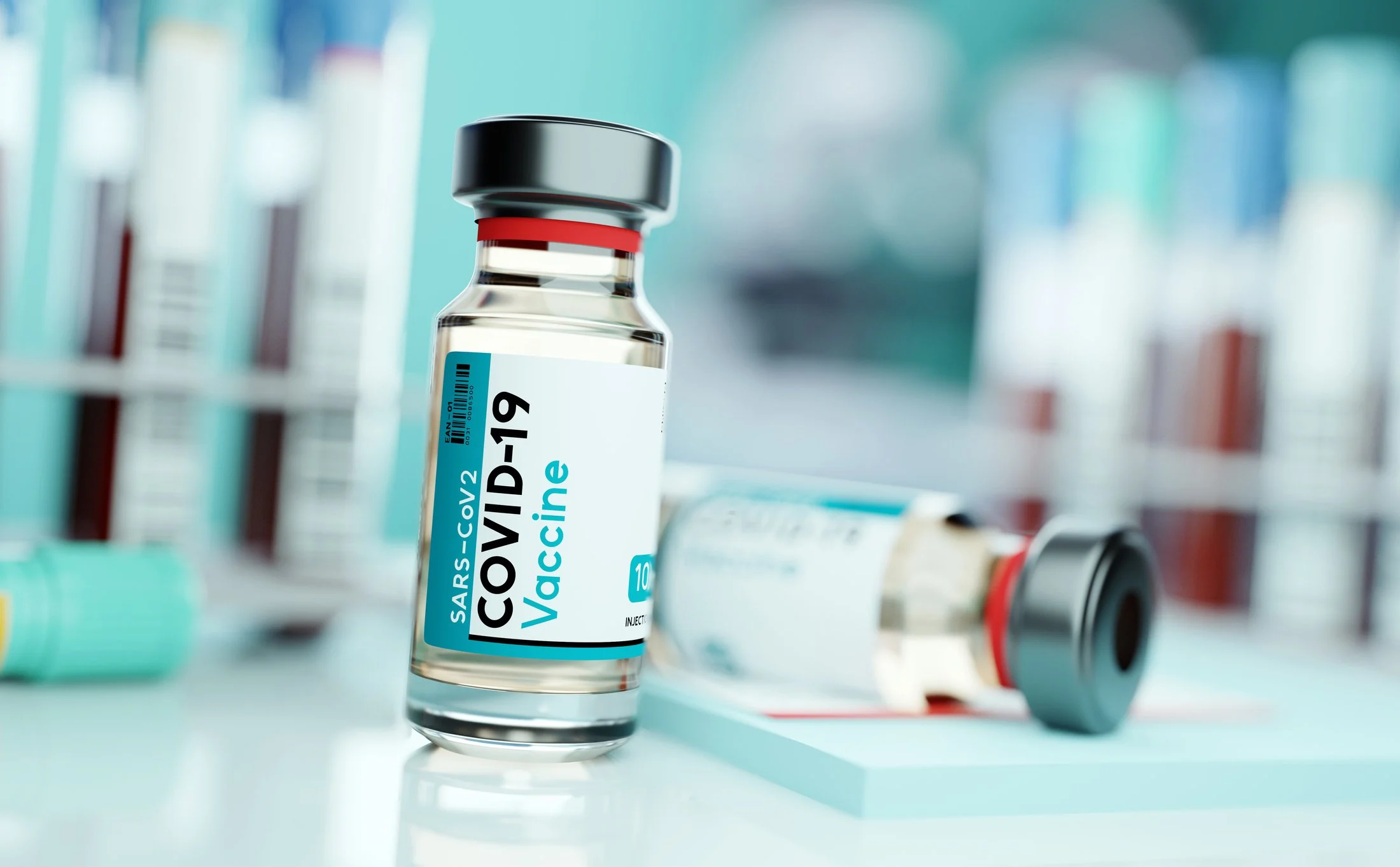UK (Parliament Politic Magazine) – The Government has unveiled a cutting-edge vaccine research facility aimed at preventing future pandemics from causing the same level of disruption as Covid-19. Known as the Vaccine Development and Evaluation Centre (VDEC), this state-of-the-art facility is located at the UK Health and Security Agency (UKHSA) science and defence technology campus in Porton Down, near Salisbury, Wiltshire.
Scientists To Work On Addressing Pathogens
At VDEC, scientists will work diligently to address pathogens that currently lack a vaccine or require improved immunization, such as influenza and smallpox. The facility will house live viruses within specialized containment facilities, ensuring the utmost safety and security.
Additionally, researchers will test emerging Covid-19 vaccines on new variants, target diseases like tuberculosis (TB), and conduct phase one clinical trials for a potential groundbreaking jab against Crimean-Congo haemorrhagic fever. This tick-borne virus is responsible for a fatality rate of approximately 30% in affected cases.
By establishing VDEC, the Government is taking proactive measures to safeguard public health and prevent future pandemics from wreaking havoc on everyday life. This facility represents a significant step forward in vaccine research and development, promising to enhance our ability to combat infectious diseases effectively.
Uncertainty Surrounding New Virus Variant
Professor Dame Jenny Harries, the Chief Executive of UKHSA, expressed the importance of utilizing the valuable knowledge gained from the Covid pandemic to effectively combat future threats. She emphasized the need to capture the exceptional work done during the Covid crisis and apply it to any potential new pandemics.
Furthermore, the establishment of this facility aims to enhance the UK’s preparedness for “disease X,” which refers to unidentified pathogens with pandemic potential. By studying known viruses and bacteria that pose a threat, scientists will assess the efficacy of existing vaccines against them.
Dame Jenny highlighted the uncertainty surrounding “disease X,” as scientists cannot predict the specific pathogen that may cause the next pandemic. However, she emphasized the necessity for the UK to remain prepared and ready to respond to any future outbreaks.
“We can make educated guesses, taking into account changes in the epidemiology of different viruses and the impact of changing climate, but we can never be certain.
“Our focus here is to closely monitor the viruses that we do know about. For instance, with Covid, we continue to test the effectiveness of the vaccines against new variants that emerge.
Release Of UKHSA Three Year Strategy
“The establishment of this facility follows the release of the UKHSA’s three-year strategy. This blueprint outlines how the organization will prepare for and respond to future threats, with a particular emphasis on improving health outcomes through vaccination.
“The UK’s readiness for a pandemic was brought into question earlier this summer during the Covid-19 Inquiry’s public hearings. It was revealed that previous governments had focused too heavily on preparing for an influenza pandemic, neglecting other types of pathogens.
Former Prime Minister David Cameron acknowledged this as a ‘mistake.’ “Professor Isabel Oliver, Chief Scientific Officer of UKHSA, stated, ‘We recognize that through scientific advancements, we have the potential to detect and control the spread of these diseases before they have the devastating impact that Covid-19 had on our lives.
Read More: UK Welcoming Growing Trend of Healthcare Services in Retail Spaces
UK To Focus On Development Of Diagnostics and Treatments
It won’t be easy, but by strengthening surveillance and accelerating the development of diagnostics, vaccines, and treatments, we can significantly improve our response.’
“We must be prepared for all threats, including those that have yet to be identified.”
The Vaccine Development and Emergency Centre (VDEC) will enhance the United Kingdom’s contribution to the 100 Days Mission, a global objective established by the G7 in 2021. The mission aims to deploy a vaccine against any new pandemic threat within 100 days of its identification.
Professor Oliver expressed her pride in the UK’s embrace of this mission and emphasized the need to be at the forefront of advancements. She stated that it is crucial to continue advancing and evolving rather than remaining stagnant.
Health Secretary Steve Barclay highlighted the significance of this new center in solidifying the UK’s global position as a leader in pandemic preparedness, vaccine development, and scientific discovery.
He mentioned that numerous world-renowned scientists are already working in the center to develop vaccines against potential global health threats, with the goal of protecting the UK and saving lives worldwide. Additionally, he emphasized the center’s role in fulfilling the commitment to produce new vaccines within 100 days of identifying a new threat.


